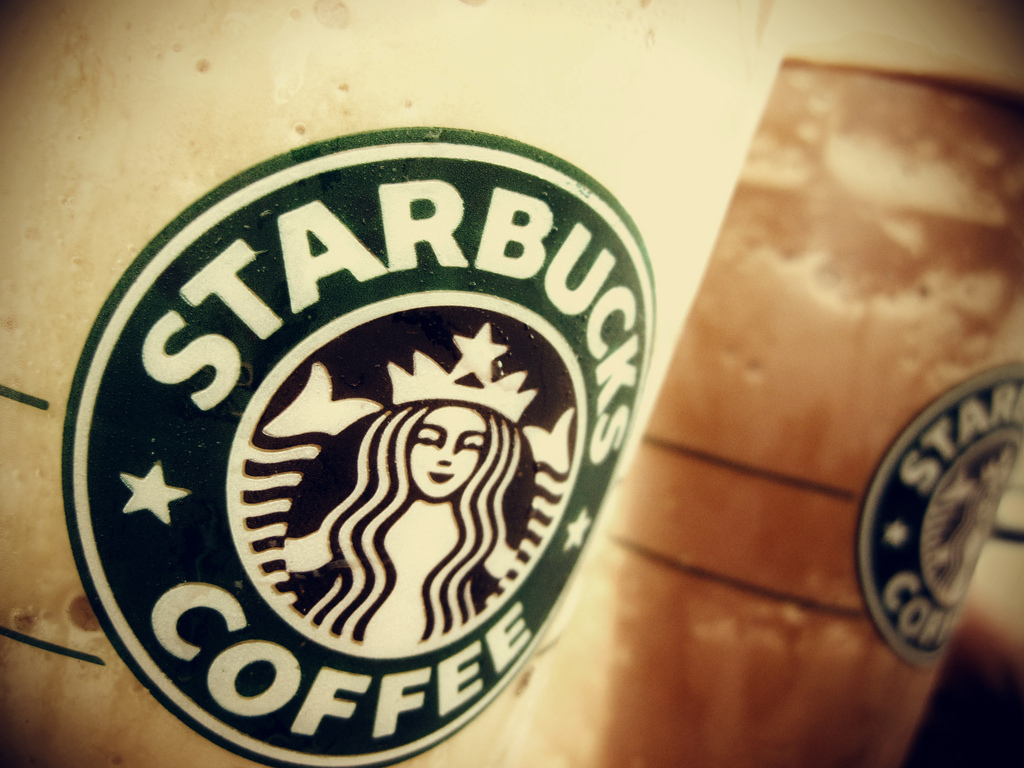Going on a cruise is FAR worse for the environment than driving an SUV, eating meat or forgetting to recycle
05/03/2019 / By Isabelle Z.

Most people have a strong opinion about cruise vacations. Some people go on a cruise as often as possible, taking advantage of the many activities available and the opportunity to visit multiple places without worrying about logistics. On the other side of the fence, there are people who can imagine nothing worse than being packed into a boat with thousands of other travelers in a “floating petri dish.” However, one aspect of cruising that enthusiasts and detractors alike often overlook is its impact on the environment.
A recent undercover investigation carried out by Channel 4 Dispatches in the U.K. found that the biggest cruise operator in England, P&O Cruises, has levels of pollution on its decks that exceed those of some of the most polluted cities in the world. They reached this conclusion after examining the ultra-fine particles in the air surrounding the ship as well as those emitted from the fuel burned by the boat.
They used a P-Trak ultra-fine particulate counter to measure the air in various locations on the P&O Oceana, and they found that levels in places like the areas next to the funnels on deck peaked at 226,000 particulates per cubic centimeter, which is more than twice the average noted in Piccadilly Circus in London.
In fact, cruise ships can emit as much particulate matter pollution in a day as one million cars. The German Nature and Biodiversity Conservation Union’s Daniel Rieger summed up the dangers, saying: “Ships cause not only greenhouse gas emissions, but also sulfur oxides, nitrogen oxides and particulate matter. Per day, one cruise ship emits as much particulate matter as a million cars. So 30 cruise ships pollute as much as all the cars in the United Kingdom.”
Experts say that the type of heavy fuel oil that is burned by most cruise ships is particularly problematic. It’s a residual product left over from the refining industry following the production of the diesel and gas put into cars. The high sulfur content in this fuel is responsible for the dramatic air pollution, but ships favor it because of its low cost.
Polluting the air and sea
Carnival Corporation recently landed in hot water when a federal judge threatened to ban its Princess Cruise line of ships from using any port in the U.S. after violating environmental laws it was already on probation for having broken previously. Judge Patricia Seitz said she wished she could put the company’s president in jail.
The company’s five-year probation began in 2017 after several Princess cruises were caught dumping oil into the ocean over the course of eight years. A new crew engineer blew the whistle on their bad behavior, reporting oil dumping that took place in U.K. waters to the British Maritime and Coastguard Agency.
With 102 ships in its portfolio around the world under brands like Cunard, Holland America, and Seabourn, in addition to Carnival and Princess, the amount of oil that could have been dumped in our oceans is undoubtedly quite significant. They’ve also been cited for illegally discharging gray water in protected Alaskan waters and then trying to cover up their tracks, in addition to dumping plastic garbage into the sea.
Although this news might not be enough to deter die-hard cruisegoers from hitting the high seas, the amount of pollution these ships emit should be a big consideration for environmentally-conscious travelers. If you’re looking forward to taking a break from working in a dirty city and getting some fresh air, a cruise ship might not be the place to go.
Sources for this article include:
Tagged Under: cruise ships, cruises, deception, dirty air, emissions, environ, environment, particulate matter, toxic chemicals



















